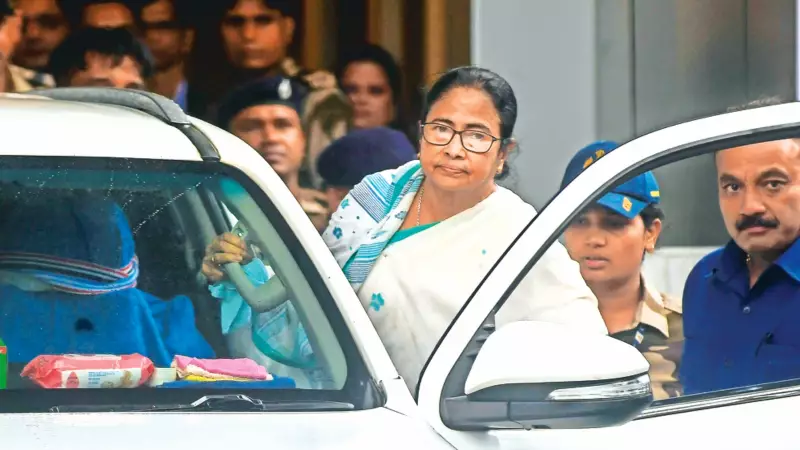
Mamata Banerjee's Strong Protest to PM Modi
West Bengal Chief Minister Mamata Banerjee has once again written to Prime Minister Narendra Modi, strongly objecting to the Central government's decision to appoint an interlocutor for the Darjeeling hills. In her letter dated Monday, she described the move as "completely unconstitutional and arbitrary", marking a significant escalation in the ongoing tussle between the state and central governments.
The Constitutional Challenge
The Chief Minister expressed grave concern that despite her previous communication urging revocation of the decision, the Ministry of Home Affairs had proceeded with establishing the interlocutor's office. The office began functioning through a memo dated November 10, 2025, which Banerjee termed as "really shocking" and taken without any consultation with the state government.
Banerjee's constitutional argument rests on several key points:
- The Darjeeling region is governed by the Gorkha Territorial Administration Act, 2011
- This law was enacted by the West Bengal Legislative Assembly and notified on March 12, 2012 after receiving Presidential assent
- The Act specifically ensures self-governance in Darjeeling, Kalimpong and Kurseong sub-divisions
The CM emphasized that the Central government has no jurisdictional competence to appoint any representative or interlocutor in matters pertaining to these regions under Section 2(h) of the said Act.
Federal Structure Under Threat
Banerjee characterized the November 10 order as an "ultra vires, colourable and malafide exercise of power" that directly violates the constitutional scheme of power distribution. She referenced Parts V, VI and XI of the Constitution, which clearly demarcate the executive and legislative domains of the Union and states.
The appointment constitutes a "blatant encroachment upon the federal structure" of the country and represents an assault on state autonomy, according to the Chief Minister. She argued that this action strikes at the heart of cooperative federalism, which forms one of the basic features of the Indian Constitution.
Banerjee also highlighted the developmental progress in the region, noting that Darjeeling, Kalimpong, and Kurseong regions have enjoyed complete peace and stability since 2011 under her government's administration. She suggested the Centre's move appears to be a politically motivated attempt to disturb the region's hard-earned peace.
The state government has categorically rejected and strongly objected to what it terms unconstitutional interference in the state's internal affairs. Banerjee warned that such acts not only undermine the constitutional federal structure but also erode the spirit of unity and mutual respect that defines India's democratic polity.





